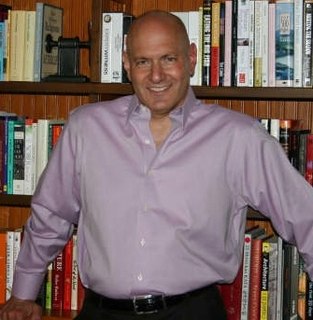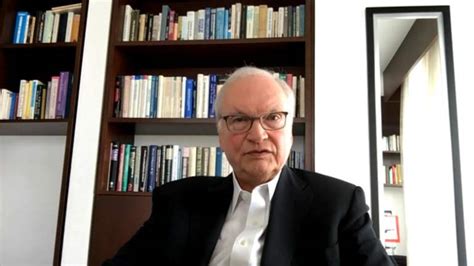A Quote by Edward Hallowell
Modern loneliness is an extraverted loneliness, in which the person is surrounded by many people and partakes of much communication but feels unrecognized and more alone and, although connected technically, isolated and even estranged emotionally.
Related Quotes
SOLIDAO, LONELINESS. What is it that we call loneliness. It can't simply be the absence of others, you can be alone and not lonely, and you can be among people and yet be lonely. So what is it? ... it isn't only that others are there, that they fill up the space next to us. But even when they celebrate us or give advice in a friendly conversation, clever, sensitive advice: even then we can be lonely. So loneliness is not something simply connected with the presence of others or with what they do. Then what? What on earth?
A lonely, quiet person has observations and experiences that are at once both more indistinct and more penetrating than those of one more gregarious; his thoughts are weightier, stranger, and never without a tinge of sadness. . . . Loneliness fosters that which is original, daringly and bewilderingly beautiful, poetic. But loneliness also fosters that which is perverse, incongruous, absurd, forbidden.
Loneliness is different than isolation and solitude. Loneliness is a subjective feeling where the connections we need are greater than the connections we have. In the gap, we experience loneliness. It's distinct from the objective state of isolation, which is determined by the number of people around you.
What I feel now is connected to people. I feel connected and I feel a lot of love for people. I feel the possibility of what building social movements and what working together in struggle creates. Whatever that energy is, it feels a lot better than what I felt when I was younger - which was worthless and disconnected and isolated and alone.
"Connected" is the triumphal cry these days. Connection has made people arrogant, impatient, hasty, and presumptuous... I don't doubt that instant communication has been good for business, even for the publishing business, but it has done nothing for literature, and might even have harmed it. In many ways connection has been disastrous. We have confused information (of which there is too much) with ideas (of which there are too few). I found out much more about the world and myself by being unconnected.
































